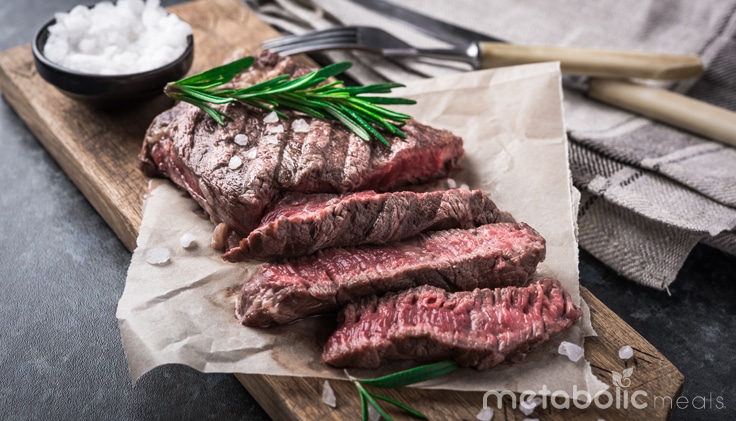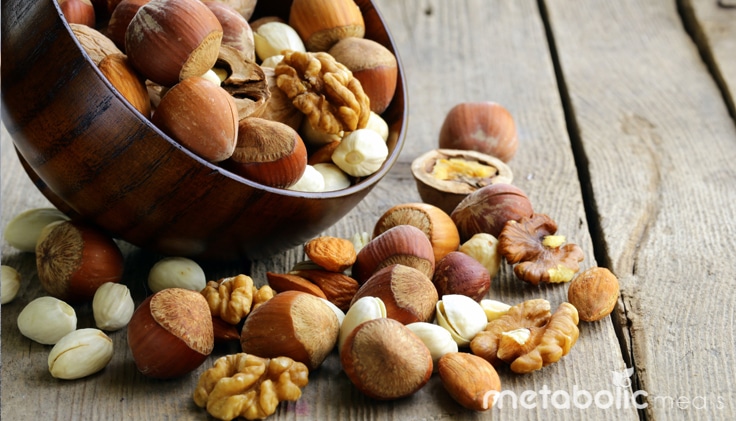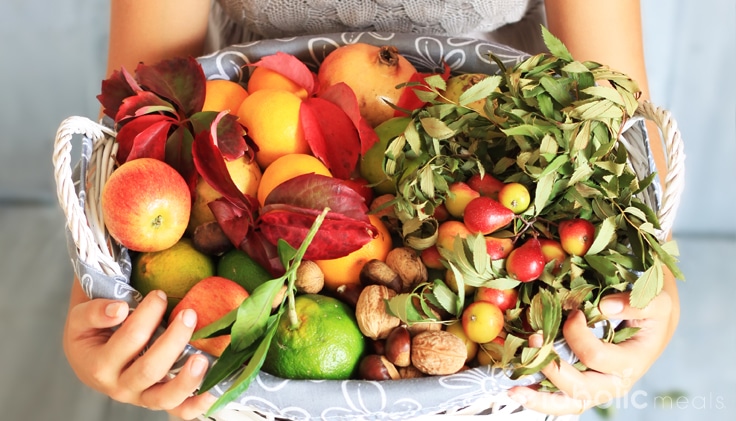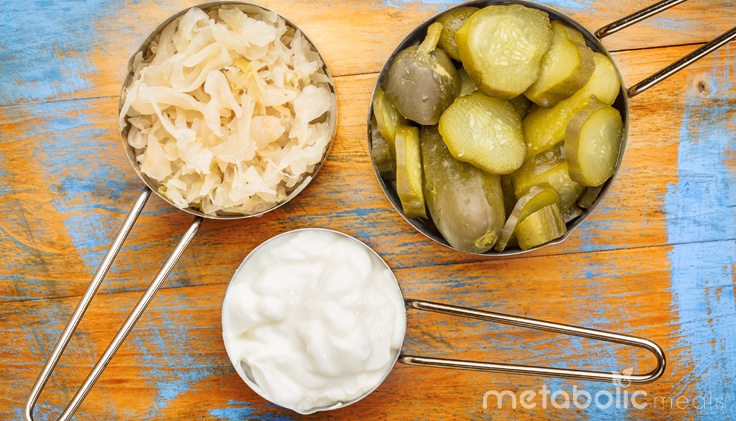As we move into fall and then winter, there’s a phrase you’re sure to hear with increasing frequency: cold season. Everyone is familiar with this time of sickness, whether it’s a runny nose or the full-blown flu.
It’s not just a seasonal myth. Research bears out the belief that people become more susceptible to viruses and illness when the weather turns cold. First of all, rhinovirus and coronavirus (the two main agents associated with the common cold), as well as influenza, have all been found to survive longer under colder, drier conditions. Winter weather provides a longer window in which to find a chink in your immune system’s armor.
In addition, the decreased sunlight leads to a drop in vitamin D levels. Vitamin D is an important driver behind an effective immune system, and our bodies need sunlight to produce it.
Finally, the simple fact is that we spend more time indoors with the windows sealed when the weather turns cold, often in close quarters with other people. This means that we’re more likely to breathe in the same air as someone who is infected by illness.
The bottom line is this: Cold weather means we’re spending more time in potentially germ-rich environments with sickness agents that are living longer. And we’re doing so with diminished defenses.
Eat Right to Build Up Your Defenses

We often only think of boosting our immune system once we’re already feeling an illness coming on. But by then it’s too late. Our immune system doesn’t have an on and off switch. You need to be eating right to ensure you’re operating at full strength — especially when cold weather rolls around.
That means consistently eating a diet of healthy foods that don’t contain pesticides, antibiotics, or growth hormones. These additives elevate your toxic load, meaning that your immune system has to work harder. By eating poor-quality foods, you make it that much harder for your body to launch an attack against agents of illness.
Processed foods generally fall under the category of “poor quality.” These types of foods provide minimal nutritional benefits and are loaded with additives, dyes, and trans-fats. Gluten, sugar, and starches exacerbate inflammation, compromise the gut, and cause high blood sugar.
Simply put, if you’re going to give your body its best chance for fighting off illness, you need to fuel it properly and cut out these kinds of foods.
What an Immune-First Diet Looks Like
My own diet is comprised almost entirely of healthy, nutrient-dense foods that keep me loaded with key nutrients like zinc, magnesium, vitamin B, fiber, and probiotics, giving my body a strong immune system and the ability to detoxify.
What does such a diet look like? Cut out the junk-filled, processed foods, and be sure that you’re eating plenty of the following:
1. Grass-Fed Proteins

Proteins of this type are filled with an array of valuable amino acids and omega-3 fats, which are known to be one of the most anti-inflammatory nutrients available. Protein also helps your body detoxify and boost its immune system. Many experts think the body uses the first 25 to 50 grams of protein consumed each day for this purpose.
2. Nuts and Seeds

Zinc, a key nutrient in nuts and seeds, has a profound effect on the immune system. A zinc deficiency can lead to a rapid decline in T-cell function, which is essential to fighting off viruses.
3. Seasonal Fruits and Vegetables

Fruits and vegetables are essential for a robust immune system as they are loaded with fiber, vitamin C, folate, vitamin A, and antioxidants. Eating produce that’s in season not only tastes better, but it also guarantees higher levels of these and other key nutrients.
4. Pickles, Sauerkraut, and Kefir

Foods like these are high in probiotics, good bacteria that directly boosts the production of T-cells, and other enzymes that elevate immunity. They also ensure adequate absorption of nutrients.
In the end, it’s simple: Forget about trying to force your immune system to catch up once it’s already too late. A healthy diet that takes into account these four elements will help you show cold season who’s boss.






